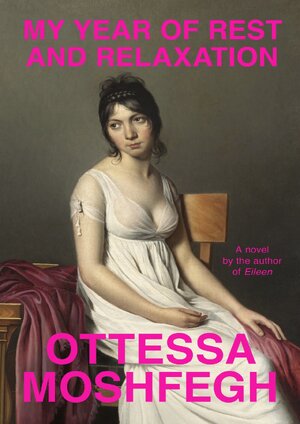This document “Jane Eyre” by Charlotte Bronte offers a captivating glimpse into the timeless classic novel. Delve into the intricate world of Jane Eyre as she navigates love, independence, and self-discovery. Published in 1847, this book challenges societal norms and portrays the journey of a strong-willed woman breaking free from constraints. Explore themes of love, individuality, and empowerment through the compelling narrative. Uncover the complexities of human emotions and relationships as Jane Eyre’s story unfolds. Immerse yourself in this literary masterpiece that continues to inspire readers worldwide. Discover the enduring charm of “Jane Eyre” in this comprehensive document.















